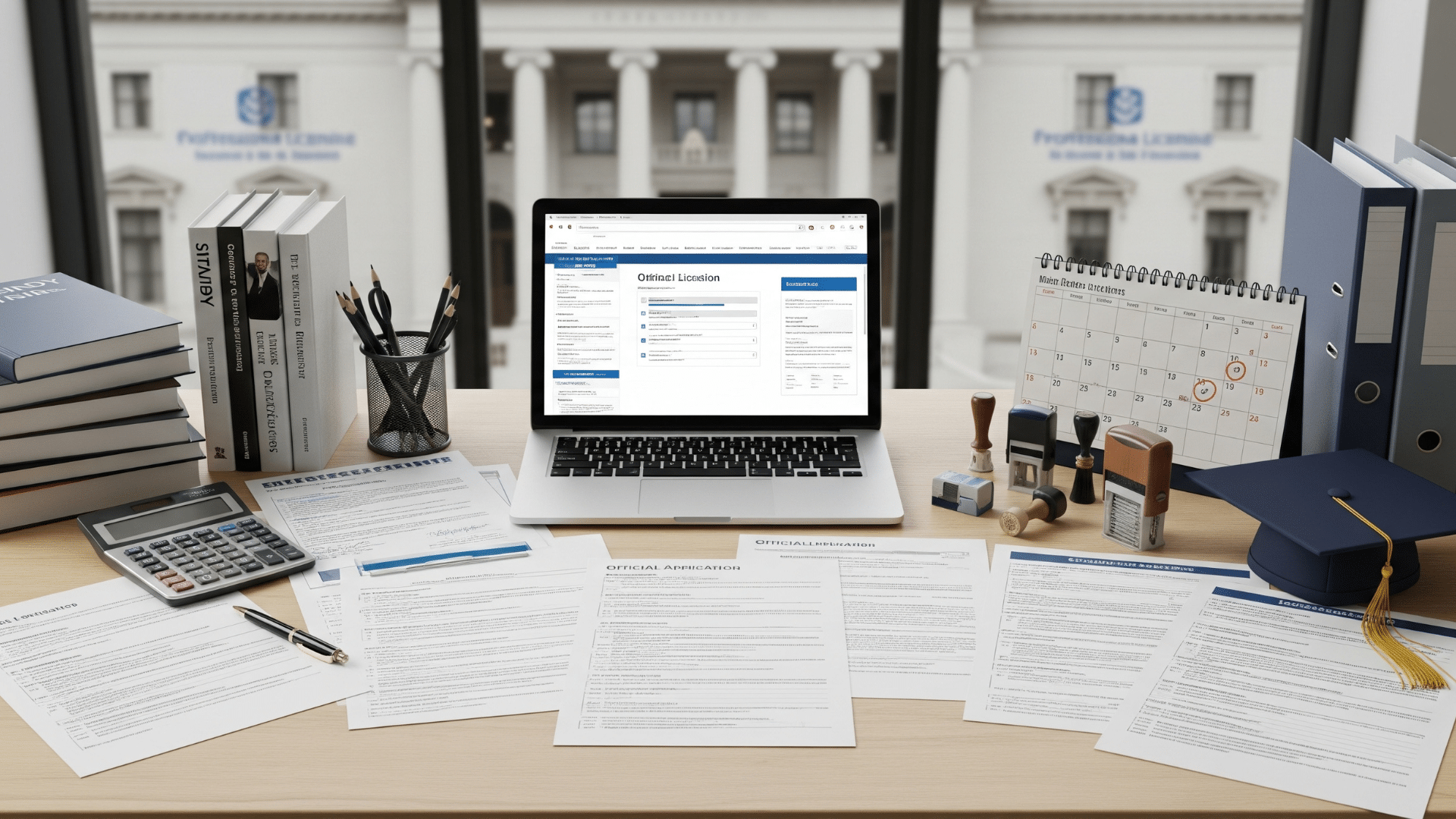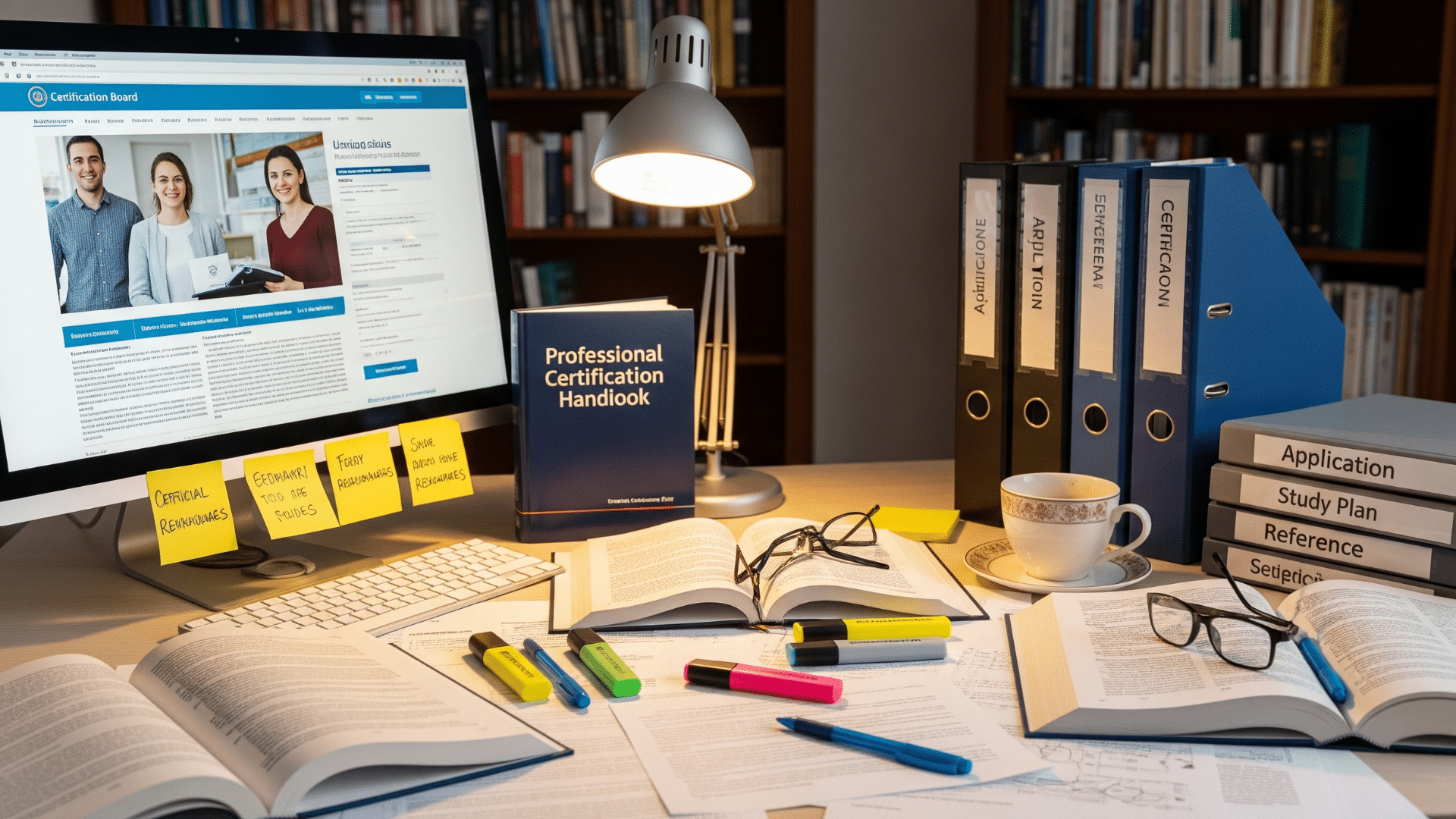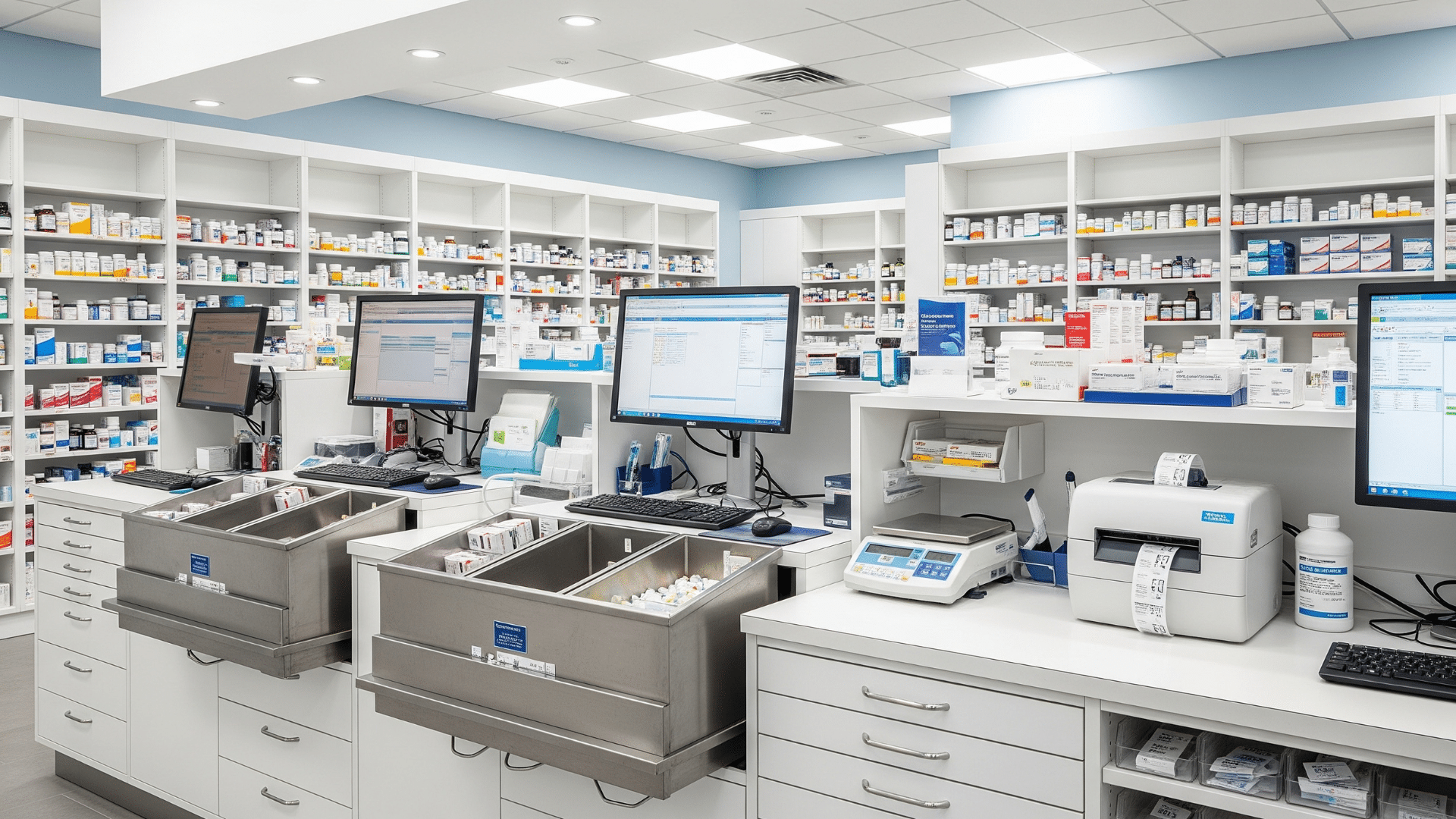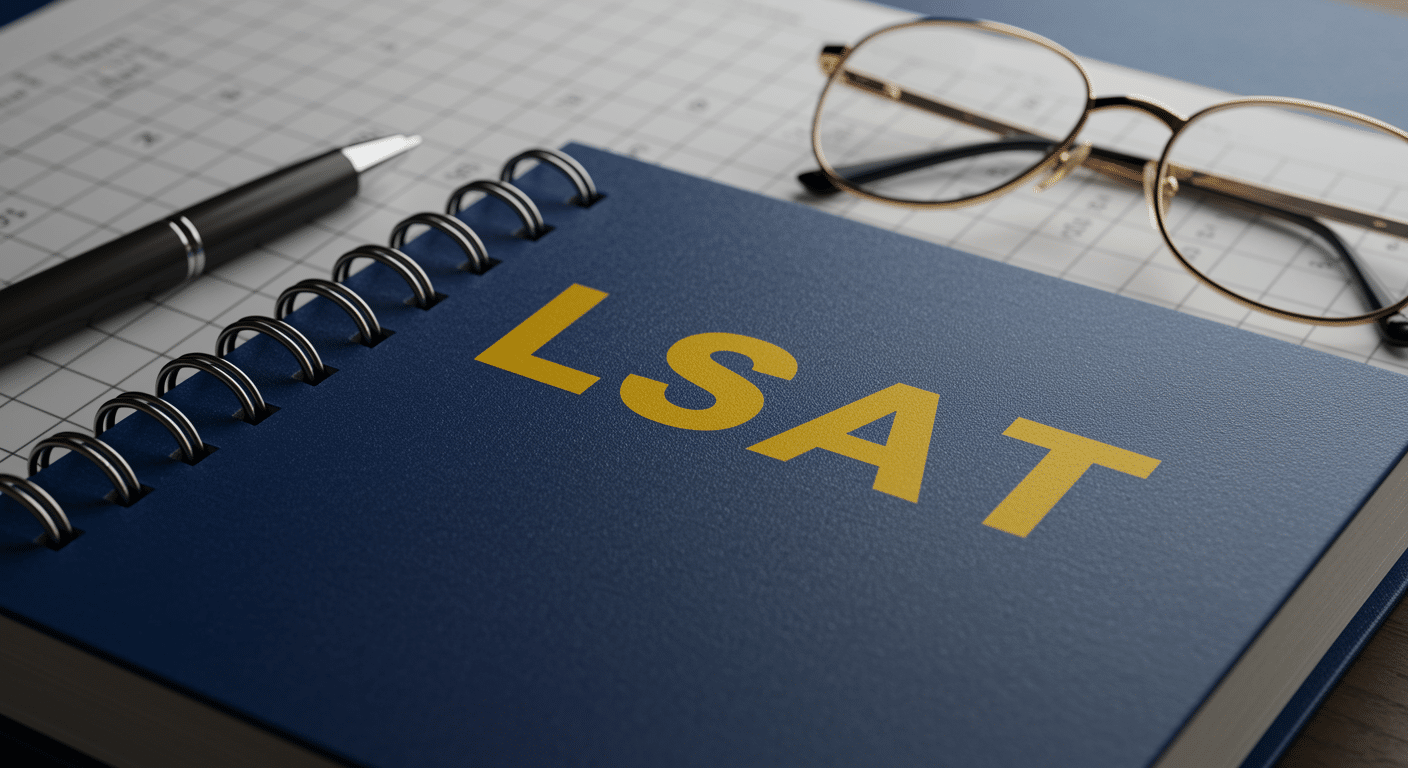If you’re thinking about becoming a pharmacy technician, you might have come across the terms license and certification and wondered what the difference is.
These two words may sound similar, but they mean different things and can affect where and how you work.
Some people need one, some need both; it all depends on your state and career plans.
In this blog, we will break it all down for you in a way that’s easy to understand, so you know exactly what steps to take to get started in your pharmacy technician career.
What is a Pharmacy Technician License?
A pharmacy technician license is a state-issued authorization that legally permits you to work as a pharmacy technician within that specific state.
The state’s board of pharmacy regulates it and is often a mandatory requirement for employment.
The licensing process usually involves submitting an application, paying a fee, passing a background check, and completing a state-approved training program.
In some states, you may also need to pass a state-specific exam.
While not all states require a license, in those that do, it is illegal to work as a pharmacy technician without one.
What is Pharmacy Technician Certification?
Pharmacy technician certification is a nationally recognized credential that demonstrates you have met established professional standards in the field.
It is typically earned by passing an exam offered by organizations like the Pharmacy Technician Certification Board (PTCB) or the National Healthcareer Association (NHA).
The two main certification exams are the PTCE (Pharmacy Technician Certification Exam) and the ExCPT (Exam for the Certification of Pharmacy Technicians).
Certification must be renewed periodically and often involves completing continuing education requirements.
Key Differences Between License and Certification
Here is a simple comparison table to help you understand the key differences between a license and certification.
| Feature | License | Certification |
|---|---|---|
| Governing Body | State Board of Pharmacy | National organizations (e.g., PTCB, NHA) |
| Geographic Validity | Only valid in the issuing state | Valid nationwide |
| Purpose | Legal authorization to work in that state | Professional qualification and competency proof |
| Required by Law | Varies by state; often mandatory | Not required by law, but preferred by employers |
| Exam Requirement | Sometimes (varies by state) | Always (PTCE or ExCPT) |
| Portability | Not portable across states | Highly portable across the U.S. |
| Renewal | Varies by state; usually every 1–2 years | Required every 2 years with continuing education |
Knowing these differences can guide your decision based on state rules and your long-term pharmacy technician career goals.
Do You Need Both a License and a Certification?
In many cases, yes, some states require both. For example, states like Texas or Louisiana require technicians to be both licensed and certified.
In other states, a license may be enough, or certification may serve as a substitute, depending on local laws.
It is important to research your state’s requirements through the local board of pharmacy and consider your long-term career plans when deciding.
Holding both credentials can boost your competitiveness in the job market and open doors to advancement.
Benefits of Being Licensed vs Certified
Here is a breakdown of the unique advantages of being licensed versus certified to help you choose the right path forward.
Benefits of Being Licensed
Let’s look at how holding a state license can impact your pharmacy technician career.
- Legally allows you to work as a pharmacy technician in states that require licensure by law.
- Ensures compliance with state regulations, often leading to greater job stability.
- Demonstrates that you have met specific state standards, building trust with employers.
- Can open opportunities for specialized roles or advanced responsibilities, particularly in hospital or clinical settings.
Benefits of Being Certified
Now, here’s how national certification can boost your career flexibility and growth.
- Provides national recognition, making it easier to work across different states if you relocate.
- Improves job prospects, as many employers, especially large chains and hospitals, prefer or require certification.
- Shows commitment to professionalism and dedication to ongoing education in the field.
- Often required for career advancement, promotions, or eligibility for specialized pharmacy technician positions
How to get Licensed

These essential steps will help you to obtain your pharmacy technician license based on your state’s specific requirements and regulations.
Step 1: Check Your State Requirements
Visit your state’s Board of Pharmacy website to find out if a license is required, and learn the specific steps, forms, and fees involved.
Step 2: Complete an Approved Training Program
If required, enroll in a pharmacy technician training program that’s recognized by your state. These programs teach pharmacy laws, medication safety, and pharmacy operations.
Step 3: Submit an Application
Apply through your state’s pharmacy board by completing the application form, uploading necessary documents like proof of education, and paying the application fee.
Step 4: Pass a Background Check
Many states require a criminal background check and fingerprinting to ensure the safety and integrity of the pharmacy workforce.
Step 5: Receive and Maintain Your License
After approval, you will receive your license. Stay compliant by renewing it on time, usually every 1–2 years, and meeting any continuing education requirements.
How to get Certified

Here is a simple guide to help you earn national certification and boost your pharmacy technician career opportunities.
Step 1: Choose a Certifying Organization
Select either the PTCB or NHA, the two main national organizations offering certification exams. Each has different exam formats and eligibility requirements.
Step 2: Meet Eligibility Requirements
Ensure you meet the minimum qualifications, such as having a high school diploma or equivalent, and either completing a training program or gaining relevant work experience.
Step 3: Study and Prepare for the Exam
Use study guides, online courses, or practice exams to prepare for the PTCE or ExCPT. Topics include pharmacy law, calculations, and medication safety.
Step 4: Schedule and Take the Exam
Register online through the certifying body, choose a convenient date and test location, and take the exam at an authorized testing center or online.
Step 5: Maintain Your Certification
Most certifications must be renewed every two years. You will need to complete continuing education hours and pay a renewal fee to stay certified.
At the End
Becoming a pharmacy technician is a great career choice if you enjoy helping others and working in healthcare.
But before you start, it’s important to know the difference between being licensed and certified.
Both of these are ways to show that you are qualified to do the job, but they are not the same. Some people need both, while others may only need one, depending on where they live.
Having both can give you more job options, better pay, and help you grow in your career. Before making a decision, check what your state needs and think about what kind of job you want in the future.
Frequently Asked Questions
Can I Get Certified Online as a Pharmacy Technician?
Yes, you can prepare and sometimes take the exam online.
What if I Work without a License in a Required State?
It is illegal and could lead to fines or job loss.
Can I Work with Just a Certification?
Yes, in many states you can, but check your state’s rules.












